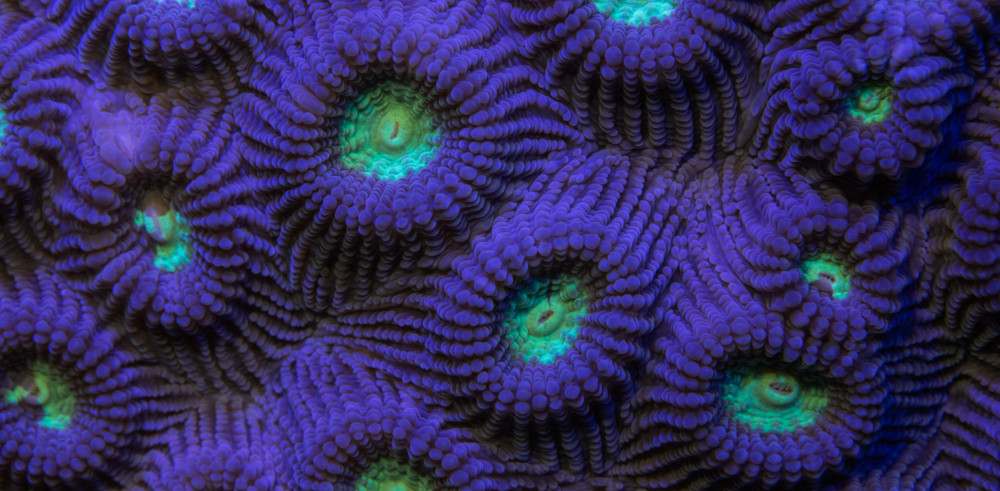The house gecko is the most abundant reptile on Okinawa. They can be found in apartments, buildings, public restrooms, outdoor phone booths, and vending machines. In many countries, they are considered good luck in the home.
- Scientific name: Hemidactylus frenatus
- Japanese name: Yamori
- Distribution: Ryukyu Islands
- Habitat: Forests, apartments, and public restrooms
- Diet: Insects and small spiders
- Average Size: 50mm-67mm
Interesting facts about house geckos –
- They have the ability to lay eggs on vertical walls
- They have no eyelids
- They can walk upside-down
- When threatened they can release their tail
- They communicate by making loud chirping sounds
House geckos have amazing night vision.
Their tongues are used for grooming, catching food, and searching for a mate.
They have specialized walking pads with tiny hairs called setae. These hairs allow them to stick to surfaces and even walk up vertical walls.
Geckos are often found around artificial light sources (vending machines). The lights attract insects during the night. A buffet for the geckos!
Geckos and other wildlife are found in public restrooms. The light source attracts a variety of insects. Always check the scene before you sit down, you never know what’s hiding behind the toilet.
During the day, geckos seek shelter in warm areas. House geckos are responsible for high repair costs on air conditioning units. They crawl on the AC circuit board and cause it to short circuit. Repair costs are very expensive.
House geckos usually lay only two eggs. This is a good example of a communal nesting site. These eggs were laid on a vertical concrete wall.
Geckos are often found crossing public roads during the night. Please pay attention to crossing wildlife. The ants took advantage of the roadkill.
I often find geckos on local beaches near the coastal forest. Juvenile Ryukyu odd-toothed snakes (Akamata) prefer to feed on these sand-dwelling geckos.
Even the geckos have to adapt with our waste. I found this gecko under a piece of marine debris washed ashore in northern Okinawa.
My Mission: To Protect and Preserve the Wildlife of the Ryukyu Islands for Future Generations
If you would like to help me make a difference Please check out my Patreon Site https://www.patreon.com/MakeTheSwitch4Nature
Your donations will help conservation initiatives as well as bring solutions to the worldwide pollution issues on our beautiful shorelines. Thank you for your support, Shawn M Miller.
#MakeTheSwitch4Nature











